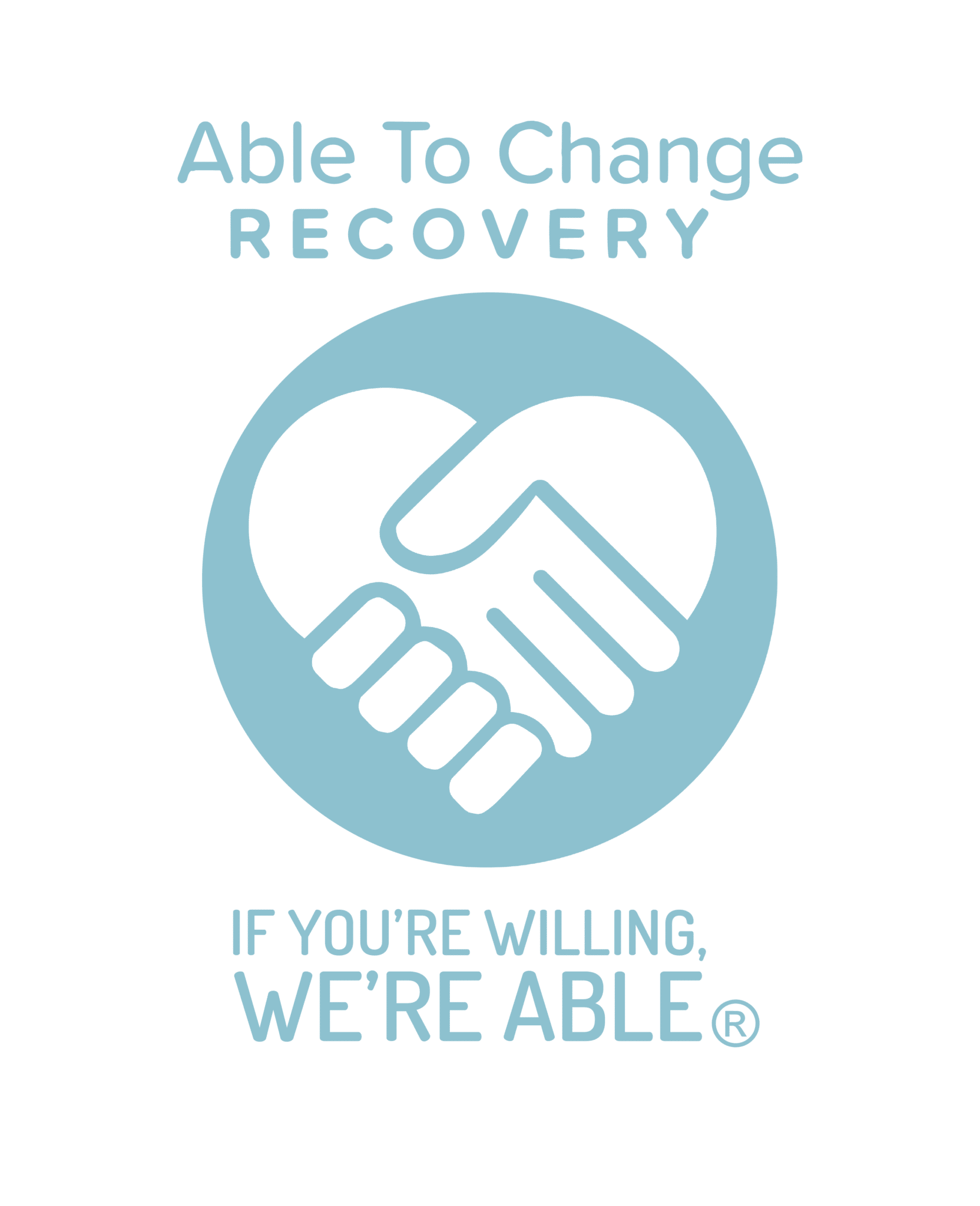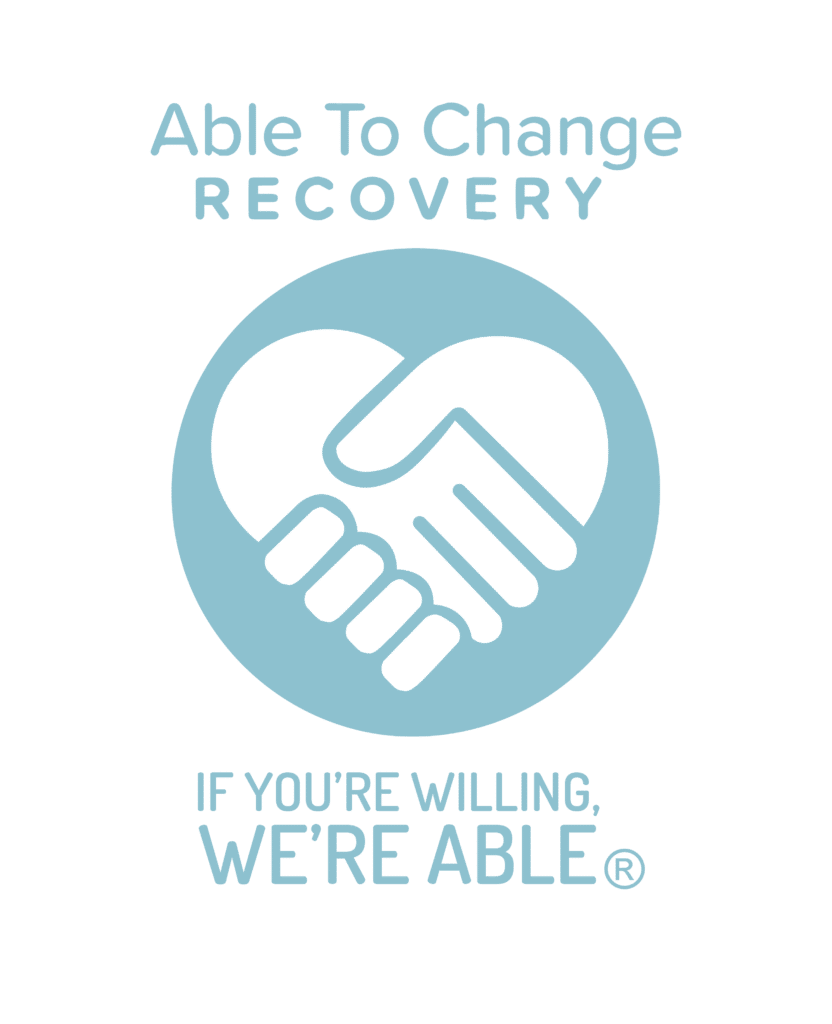
Able to Change Recovery offers Dialectical Behavioral Therapy (DBT) as an effective therapy modality in the treatment of mental illness. DBT is a recommended path in the cases
- Substance Use Disorder with Co-Occurring Disorders
- Borderline Personality Disorder
- Individuals who have not found success in other evidence-based substance use disorder treatments
Dialectical Behavioral Therapy as a substance used disorder focused approach, encourages the client to consistently commit themselves to abstaining from their substance based coping mechanisms. The client is encouraged to bolster their motivation to change their destructive behavior through various activities and techniques.
When treating alcoholics and drug addicts alike, DBT treats the event of a relapse as a problem that needs to be solved, in that mindset, therapists help the client assess the events that led to the relapse, working to repair the damage caused to themselves and others over the course of their relapse. The concept is to bring awareness to the forefront, awareness of the trigger event and simultaneously the negative consequences achieved through their use of alcohol or drug use.
Dialectical Behavioral Therapy is most effective as only one part of an overall treatment mix in the case of substance use disorder in the case of co-occurring disorders (depression, borderline personality disorder, etc.).
The American Addiction Centers states that; “ In one study of women with BPD and co-occurring substance use disorders, individuals who received DBT showed reductions in substance misuse during a year of treatment (and in the 4-month follow-up) and dropped out of treatment less often than individuals who did not receive DBT as part of their treatment plan…”
Clients who embark on DBT therapy may experience any of the following benefits;
- A decrease in substance use.
- A decrease in the physical discomfort associated with withdrawal symptoms.
- A drop in substance-related impulsivity, cravings, and temptations.
- Creating and enforcing boundaries necessary for abstinence.
- Avoiding triggers and precipitating events that could lead to substance use.
- Reducing problematic behaviors that contribute to substance use.
- Increasing healthy interpersonal relationships through community and other environments that support the individual’s success.
Ready to start your journey towards mental health freedom today? Able to Change Recovery offers DBT substance-based therapy for clients struggling with drug use, co-occurring disorders, alcoholism, and relapse.



